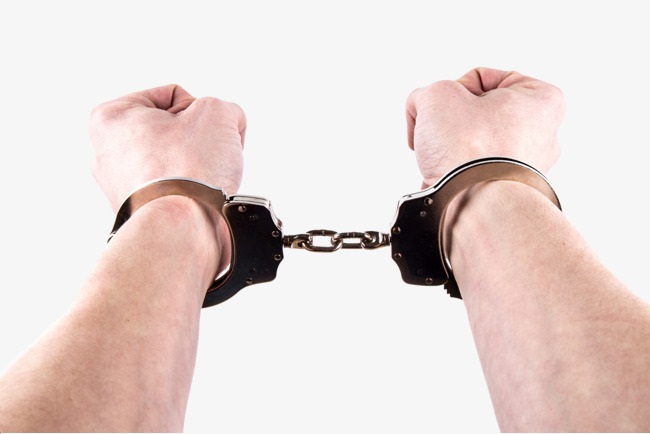A criminal record is also known as a criminal conviction history. Your criminal record covers criminal and traffic convictions.
Although convictions and cautions stay on the United States national databases until you reach 100 years old (they are not deleted before then), they don’t always have to be disclosed. Many people don’t know the details of their record and it’s important to get this right before disclosing to employers. Usually, this means applying for a copy of your police record (it’s free of charge and is known as a ‘Subject Access Request’).
You only have to disclose your record to an employer if they ask you. Many employers ask at some point and if your convictions are unspent, you legally need to disclose them. If they ask you and you don’t disclose, they could later revoke the job offer or you could be dismissed. You could even face a further conviction.
A criminal record is simply information that’s kept about a person’s arrests and convictions. State, local and federal authorities store and use them for many purposes. They can be used for identification and to locate possible suspects in unsolved cases. Courts can also use criminal records to determine sentences for crimes that are committed by that same person at a later time. Another use for criminal records, one that’s becoming more frequent in recent years, comes in the form of background checks. Similar to the example that you just read, a background check is often used to determine if a person applying for a job has ever committed a crime.
In the vast majority of cases, a criminal record does not imply that a person is ‘dangerous’ or a ‘hardened criminal’.Most convictions are acquired by people who offend only once or a few times, often whilst young, before they settle down to become law-abiding members of society.
A criminal record begins when a suspect is arrested for a crime. The person is fingerprinted and photographed. All of his or her personal information is recorded along with the information about the current arrest. If he or she is convicted of the crime, that information is also stored.
Criminal records are now stored in massive computer databases that are accessible throughout the world. As you can imagine, this ease of access makes it makes it simpler for law enforcement agencies to keep a detailed record of a person’s criminal activity.
A typical criminal record file contains the following basic information:
-
- Name / Known aliases (other names used by that person)
- Date of birth
- Physical description
- Current address
- Type of crime
- Outstanding arrest warrants
- Dates of arrests or convictions
-
- Fingerprint data
-
Arrest Record Mug shot (photo taken at the time of the arrest)
Criminal records are government documents and are managed by the law enforcement or court that created them.Criminal records hold information about crimes or arrests records for crimes, but do not include traffic convictions.
The old system of record keeping — handwritten or typed files — has been replaced. Criminal records are now mainly stored on computer databases. The first level of database storage is at state and local levels. Every police agency that makes an arrest retains a record of it, just as every court that convicts someone of a crime retains a record. All court convictions are public record and can be searched and viewed by anyone.
The next level of database storage is state-wide repositories. Each state maintains information about arrests and convictions within its borders. State repositories report their information to The National Crime Information Centre, which manages a nation-wide database. Use of this database is not permitted for employment checks by private citizens and is strictly for the use of justice agencies throughout the United States. A person is only entered into this database when the FBI obtains fingerprint data.
If you have an arrest and a criminal record and would like to be able to see what it says about you, you’re entitled to a copy of it under the Freedom of Information Act. Each state has its own process for this. Start with the court where you were convicted, or contact the state probation office, the public defender’s office in your county or the federal defender’s office if you were convicted in a federal court.
The U.S. has a confusing system for storing and managing criminal records. Many people believe that there should be one main database that contains all information about all crimes committed in the United States. However, not all crimes are reported to state repositories, and not all state repository information is sent to the federal database.
SpyFly provides consumers affordable, immediate access to public record information. Federal laws prohibit businesses from using SpyFly’s service to make decisions about employment, insurance, consumer credit, tenant screening, or for any other purpose subject to the Fair Credit Reporting Act, 15 USC 1681 et seq.

